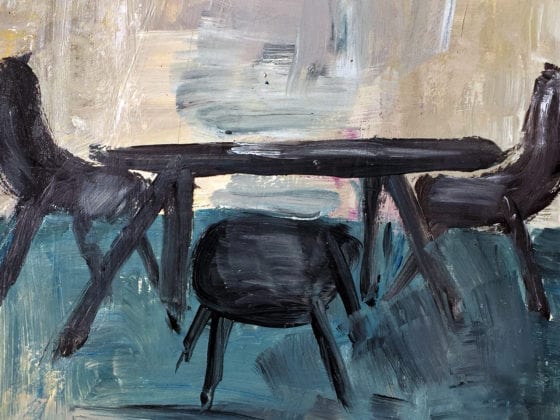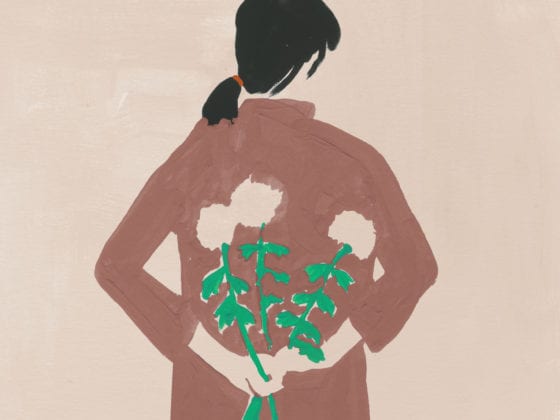Apologizing can be a difficult process to navigate. Yet, another just as difficult process is learning to accept an apology. The process requires courage and grace. If you’re like me, then the first thing you’re tempted to say after your friend makes an apology is, “It’s okay!”
It’s hard to admit how deeply you’re affected by others. The truth is, you’re not okay. Something bad happened, whether it was by accident or on purpose, and that’s why you’re in the position of accepting an apology in the first place.
If you’re going to move on, then you need to address the injury. Say something like, “I was upset when we agreed to get coffee together, and you never showed up.” You and the other person cannot move on to the next step without an acknowledgment of the injury.
If you’re going to move on, then we need to address the injury.
Forgiveness is the part of accepting an apology that is both the most simple and the most difficult. “I forgive you,” is a three-word phrase that can be extremely hard to say. It’s similar to “I love you.” It is short and needs to be practiced often to maintain our relationships. Saying the words “I forgive you,” is fraught with vulnerability.
Since it takes courage to say “I forgive you,” you may need time and space before you are able to say it. It’s okay to take what time you need here, as long as you’re focused on processing what happened in order to move forward.
After verbally expressing your forgiveness, you need to express your expectations for continued interactions. You’ll need to say something like, “In the future, can you text me if you have an emergency and can’t hang out?”
Making boundaries clear is key to moving forward. “I forgive you,” is not the same as “It’s okay.” Someone making a true apology has hurt you and never wants to repeat the injury again. The person apologizing will appreciate guidance on how to avoid hurting you in the future.
Making boundaries clear is key to moving forward.
Healing involves both vulnerability and self-awareness. Accepting an apology gives us the chance to practice both these virtues. Frankly, it’s difficult. It’s difficult, not only to open ourselves up to others but also to admit to ourselves that we are vulnerable.
Growth of character can be painful, but it’s worth the benefits. Your friend will gain a deeper understanding of you and your needs after you fully accept their apology. This understanding will bring you closer together in a way that could not have happened otherwise.
Image via Mary Fix, Darling Issue No. 20












4 comments
“’I forgive you,’ is not the same as ‘It’s okay’” …wow, light bulb moment! I’ve rarely ever said ‘I forgive you.’ What comes out is always, “it’s okay,” which discounts any pain or discomfort I’ve felt as a result of the experience. I can see how making this shift allows more space to process and move forward versus just shoving feelings away. Thank you!
Thanks Shelby! It’s a realization I didn’t come to until I took the time to reflect and write this piece.
I agree with everything, wish I’d learned that accepting an apology was part of growing sooner! Thanks for the post! 🙂
–
Charmaine Ng | Architecture & Lifestyle Blog
https://charmainenyw.com
You’re welcome, Charmaine! Your blog is beautiful, by the way.